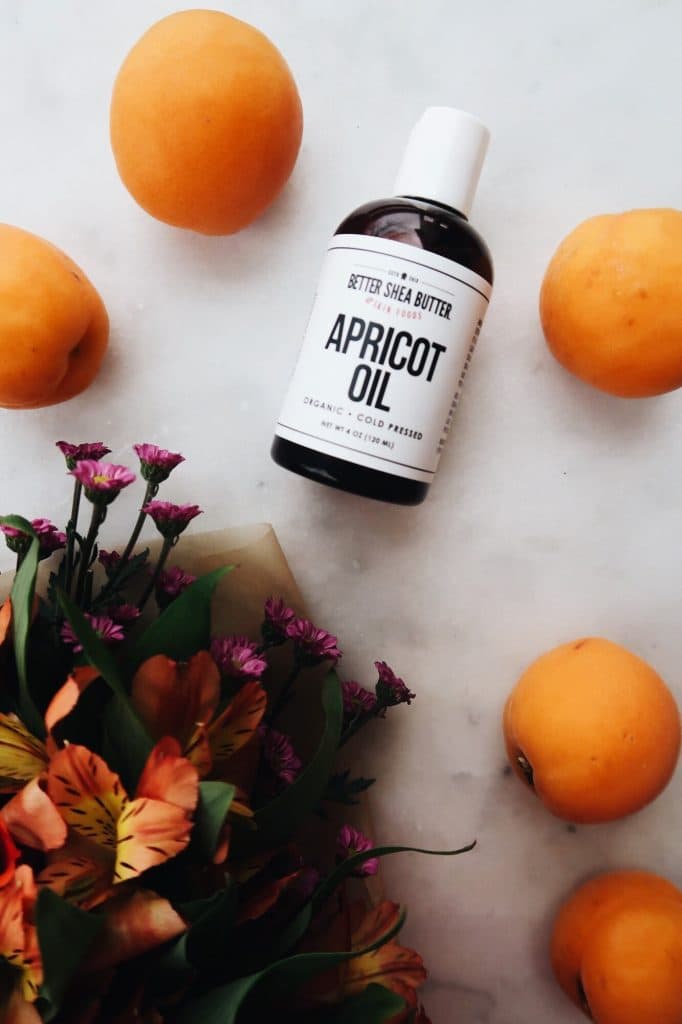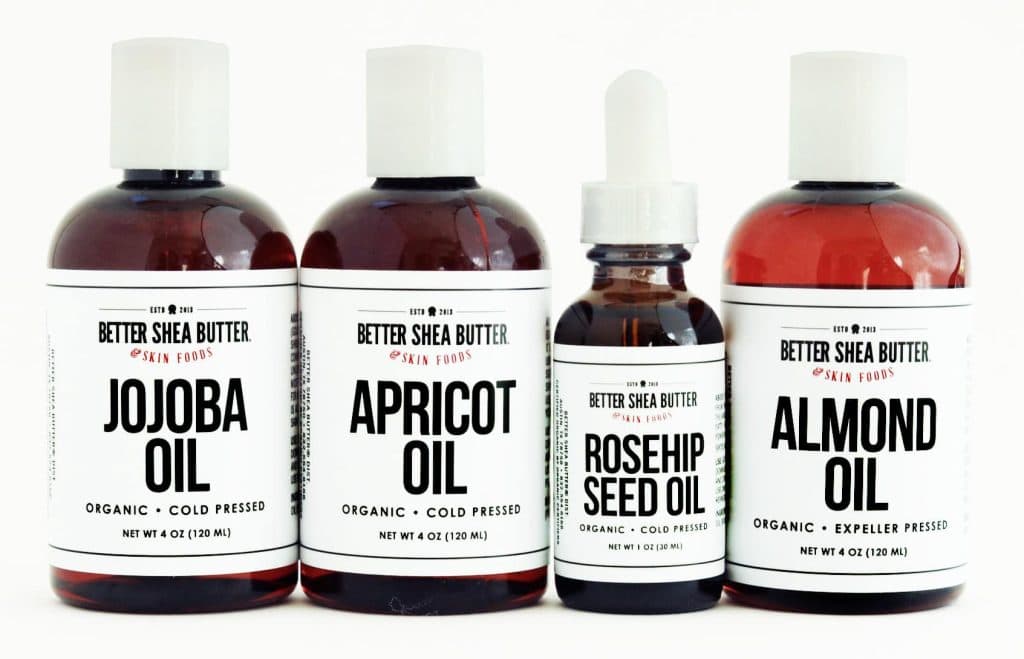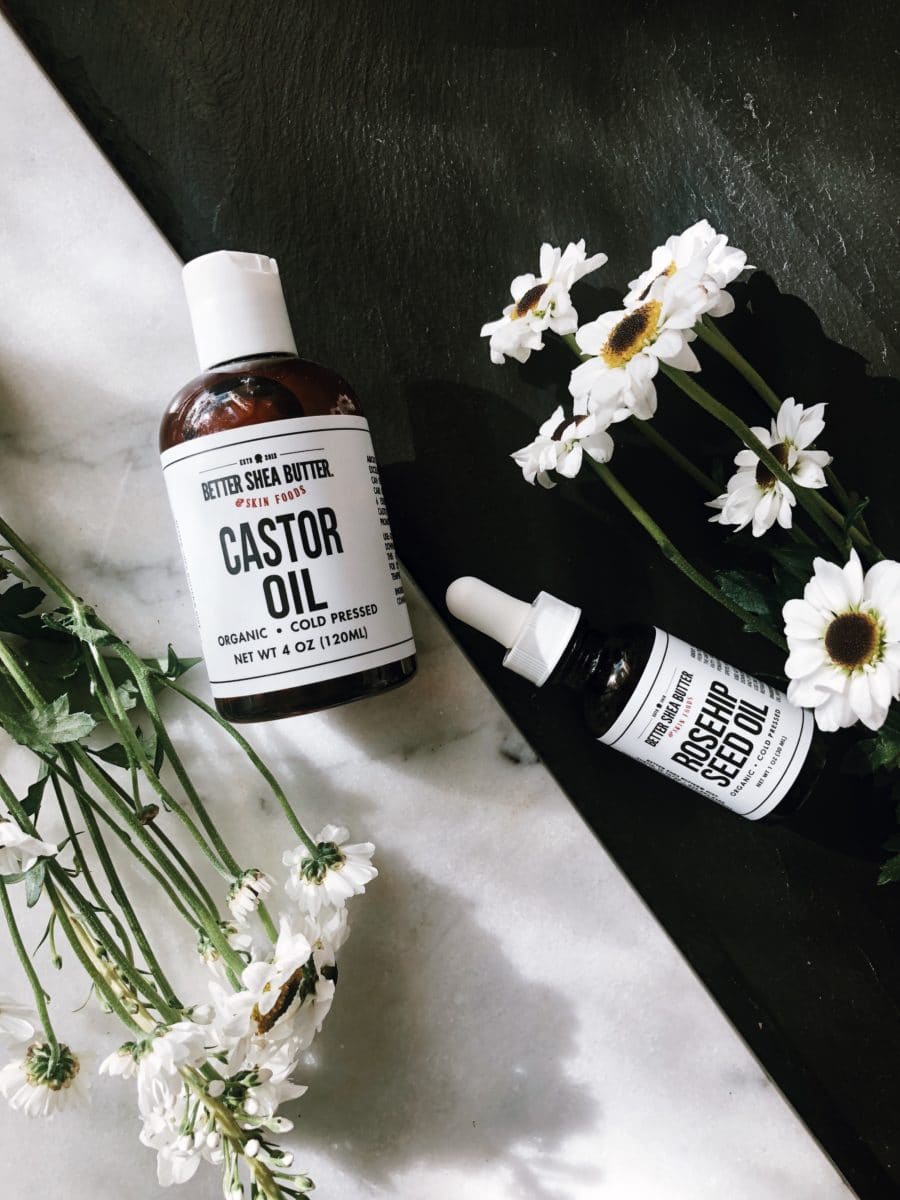The global essential oil market is expected to be worth a whopping $12.85 billion by the year 2023. Essential oils have powerful healing properties, however, without the use of carrier oils, essential oils can go from beneficial to being harmful.
All skin care products such as lotions, creams, lip balms, facial creams, and bath oils all contain carrier oils to help dilute the potency of the essential oils for topical application.

Your choice of carrier oils can make a significant difference in the results you get from the application, such as the shelf life, aroma, potency, and healing benefits. For this reason, choosing your carrier oil wisely is very recommended.
So what are carrier oils? Also, with so many options, how do you know which one is right for you?
Keep reading as we dive deeper into what a carrier oil is and how to choose the right one.
Let’s get started.
What is a Carrier Oil, Anyway?
Carrier oils are used to help carry the essential oil to the skin. They are hard pressed from sources such as kernels, seeds, and nuts, which absorb the oils and help to prevent them from oxidization and evaporation.
Essential oils are not like a typical fatty oil like the name suggests, they are concentrated extractions from tree barks, leaves, roots, flowers, herbs, and other natural sources.
The Many Types of Carrier Oils
There is an abundance of carrier oils that are usually referred to as base oils, fixed oils, and vegetable oils. Vegetable oils are solely from vegetarian sources and primarily used for aromatherapy. The base and fixed oils can also be from an animal source such as fish oils and emu oils, which is a type of bird.
Different vegetable-based carrier oils have different molecular properties, thus making each one beneficial for different uses. The one you choose will determine the results you get.
Jojoba Oil (Simmondsia Chinensis)
Jojoba oil is a commonly used carrier oil that is high in anti-inflammatory properties. This makes it a great choice for massage therapy and for those who have acne as well because it absorbs without leaving your skin feeling greasy.
Jojoba oil has the longest shelf life of all the carrier oils, making it a primary choice for most skin care products and therapeutic treatments.
Rosehip Oil (Rosa Mosqueta)
Rosehip oil is a natural source of vitamins C, E, essential fatty acids, and alpha-linolenic acid. In addition, it contains strong anti-inflammatory properties and antioxidative effects. This carrier oil is a great choice for those suffering from skin conditions.
Almond Oil Prunus (Amygdalus var. Dulcus)
Almond oil is an excellent choice for those wanting an affordable oil without leaving their skin feeling greasy. It blends well for topical bath and body formulas and has a nice medium level viscosity to it.
Almond oil is also a wonderful soothing applicant for those who suffer from psoriasis and eczema because it contains high amounts of Vitamin A and D.
Apricot Kernel Oil (Prunus Armeniaca)
Apricot kernel oil is similar to almond oil in a way that it blends well for multiple functions.
It has a much lighter viscosity for those who do not want any remnants of oil on their skin, which makes it one of the top choices for massage therapists.
Castor Oil (Ricinus Communis)
Castor oil has been used for thousands of years where it was used for multiple purposes such as lamp fuel to inducing labor in late pregnancies.
Castor oil is in most cosmetic products as it provides wonderful hydration benefits. It can help lock moisture in the skin, reducing dryness and cornification. There are numerous studies that display the quick wound healing benefits of Castor oil,
SeaBuckthorn Berry (Hippophae Rhamnoides)
Seabuckthorn berry is rich in essential fatty acids, with incredible anti-aging benefits. It is used in a variety of anti-aging products because of its high nutritive compounds, minerals, and vitamins.
SeaBuckthorn berry is high in beta-carotene which gives it that bright, orange color. Because of this, it is recommended to dilute this carrier oil to 1%.
What Happens If You Do Not Use a Carrier Oil with Essential Oils?
Essential oils can heal a wide range of illnesses from stress, arthritic pain, sleep, anxiety, energizing, breathing, and anti-fungal properties. The only problem is that they can not be used on their own without actually causing harm to the skin This is why we need to blend them with a carrier oil.
Oral essential oils can become irritating to your mouth and esophagus, so you will need to apply an ingestible carrier oil for them. Topical essential oils can irritate the skin when applied solo without a carrier oil.
Fully concentrated essential oils are volatile organic compounds which means they can evaporate immediately when applied to your skin. They immediately turn into a gas when they are exposed to air which is why they have such a strong scent.

Dilution Suggestions for Carrier Oils
When working with essential oils, it is important to get a professional opinion from an herbalist or someone in that field of study. However, we will give you a basic guideline for how to dilute the essential oils with your choice of carrier oil.
- 1% Dilution, which is 6 drops of essential oil per 1 oz of carrier oil. This is safest for babies, toddlers, facial area, genital areas, and underarms.
- 2-3% Dilution, which is 12-18 drops of essential oil per 1 oz of carrier oil. Great for massage oils, DIY recipes, etc.
- 5-10% Dilution, which is 30-60 drops of essential oil per 1 oz of carrier oil. Best used for conditions such as infections, do not use for longer than one week.
- 25% Dilution, which is 150 drops of essential oil per 1 oz of carrier oil. Used for extreme conditions such as wart removal, scrapes, and cuts. Use one-time only.
Get Your Carrier Oils Today and Reap the Benefits of Essential Oils
Now that you know the incredible benefits of using essential oils and carrier oils, you are probably wondering where to find carrier oils of the best quality.
Thankfully, we carry a wide range of high-quality carrier oils for your convenience. Check them out today and start that feeling soft, nourished skin you have always desired.


